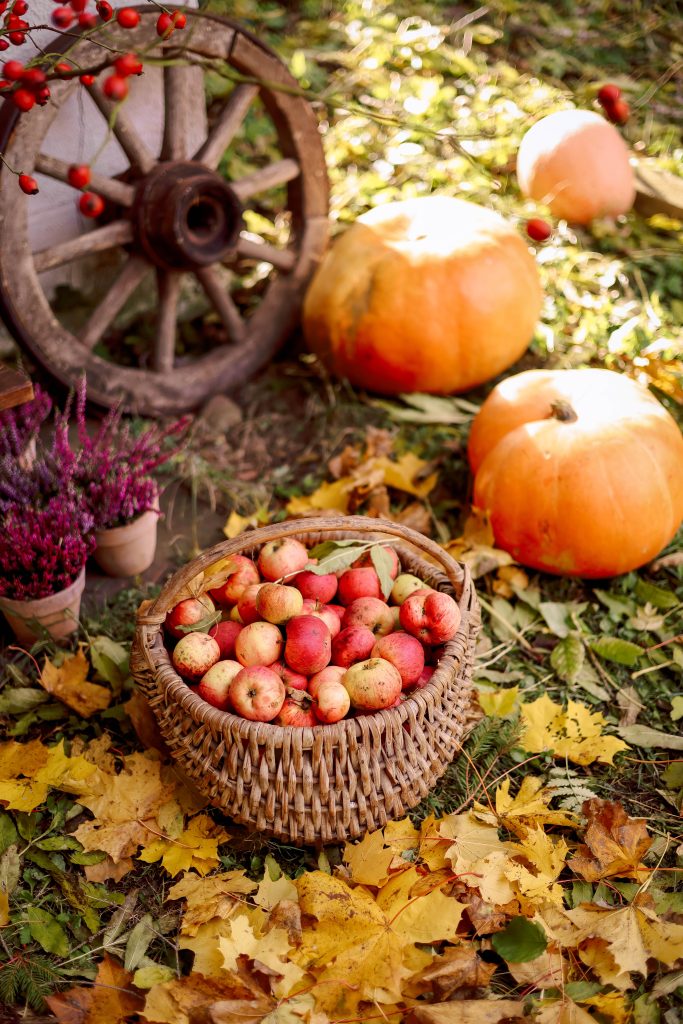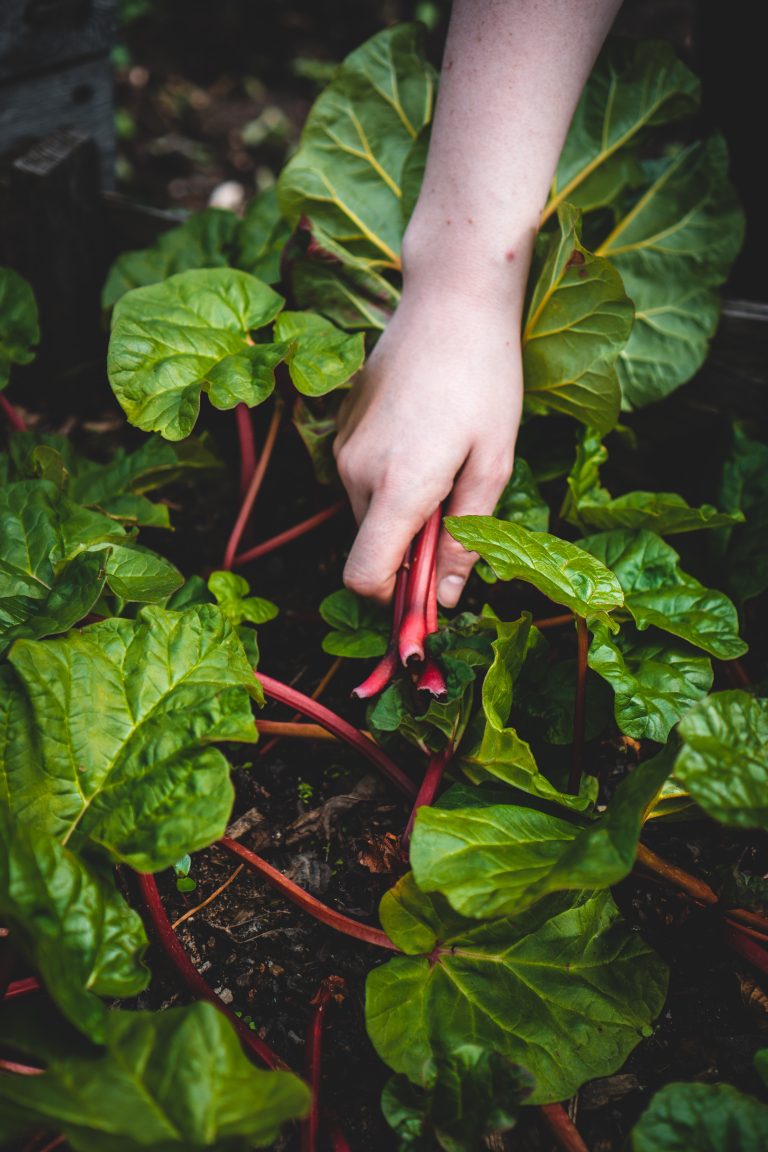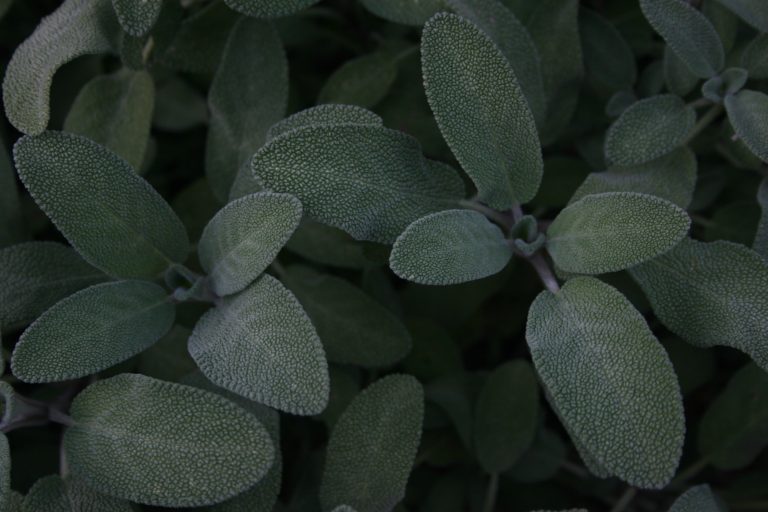Are you eager to transform your UK kitchen garden into a vibrant oasis of aromatic herbs? Look no further! This article will provide you with a concise and practical guide on selecting the best herbs for your garden. From classic staples like rosemary and thyme to exotic options like lemongrass and coriander, you’ll discover a diverse array of herbs that thrive in the UK climate. Get ready to elevate your culinary creations and embrace a greener thumb with these top herb recommendations.
Table of Contents
ToggleCulinary Herbs
Basil
Basil is a versatile herb that adds a fresh and aromatic touch to many dishes. Its sweet and slightly peppery taste is perfect for Italian cuisine, particularly in tomato-based dishes like caprese salad or homemade pasta sauces. You can also use basil to create flavorful pesto or add it to soups and stews for extra depth of flavor. In addition to its culinary uses, basil is also known to have various health benefits. It is rich in vitamins and minerals and has antibacterial properties.
Rosemary
Rosemary is a fragrant herb that brings a wonderful pine-like aroma to your kitchen. Its robust and earthy flavor pairs well with roasted meats, potatoes, and vegetables. You can also use rosemary to infuse oils and vinegar, adding a delightful touch to your homemade dressings and marinades. Besides being a culinary delight, rosemary has essential oils that are believed to have positive effects on memory and concentration. So, while you enhance your dishes with this herb, you might also boost your brainpower!
Thyme
Thyme is a herb that deserves a spot in every kitchen garden. Its strong, aromatic flavor adds depth and complexity to a wide range of dishes, making it a staple in many cuisines. From soups and stews to poultry and seafood, thyme is a versatile herb that can enhance the flavor of almost anything. It is also packed with antioxidants and has been used for centuries for its medicinal properties, such as relieving cough and soothing sore throats.
Sage
Sage is a herb with a distinctive flavor profile. Its slightly bitter and earthy taste pairs well with fatty meats, such as pork or duck. It can also be used to flavor stuffings, risottos, and even certain cheeses. Sage is not only a culinary treasure but also an herb with several health benefits. It is believed to have antimicrobial properties and has been used traditionally to boost memory and cognitive function.
Oregano
Oregano is a popular herb in Mediterranean cuisine and brings a robust and zesty flavor to your dishes. Its warm, slightly bitter taste complements tomato-based dishes, pizzas, and grilled vegetables. Oregano also contains essential oils that have antimicrobial properties and may support digestion. So, adding oregano to your recipes not only adds flavor but also a sprinkle of wellness.
Medicinal Herbs
Lemon Balm
Lemon balm is a herb with a fresh citrusy aroma and flavor. It can be used to make refreshing herbal teas or added as a garnish to desserts and salads for a burst of bright flavor. Lemon balm is known for its calming properties and has been used for centuries to promote relaxation and improve sleep. So, if you’re looking for a herb that not only delights your taste buds but also calms your mind, lemon balm is a great choice.
Peppermint
Peppermint is a herb known for its bold and refreshing flavor. Its cool and minty taste makes it a popular choice for teas, desserts, and cocktails. Peppermint tea is often used as a natural remedy for digestive issues and can help soothe an upset stomach. Having peppermint in your garden means you can enjoy its invigorating taste while also reaping its potential health benefits.
Chamomile
Chamomile is a gentle and soothing herb that is widely used for its calming effects. Its delicate apple-like flavor makes it an excellent choice for herbal teas, especially to relax and unwind before bedtime. Chamomile tea is known for its potential to reduce anxiety, aid in sleep, and soothe digestive complaints. So, growing chamomile in your kitchen garden is like having a little dose of tranquility right at your fingertips.
Aromatic Herbs
Lavender
Lavender is not only a beautiful flowering plant but also a versatile herb with a distinct floral aroma. It can be used to add a unique touch to both sweet and savory dishes. Lavender pairs wonderfully with desserts like cakes, chocolates, and ice creams, adding an elegant and aromatic note. Additionally, lavender has calming properties and is often used in aromatherapy to promote relaxation and reduce stress.
Mint
Mint is a refreshing herb that is widely used in both culinary and medicinal applications. Its cool and invigorating flavor makes it a popular choice for teas, cocktails, and desserts. Mint tea is known to aid digestion and provide relief from bloating and indigestion. It can also be used to make homemade infused water or added to summer salads for a burst of freshness.
Coriander
Coriander, also known as cilantro, is an herb with a vibrant and citrusy flavor. It is commonly used in Indian, Mexican, and Asian cuisines, adding a fresh and aromatic touch to curries, salsas, and stir-fries. Coriander leaves are known for their potential to aid digestion and may have antioxidant properties. So, if you enjoy international flavors and want to explore new taste sensations, coriander is a must-have in your kitchen garden.
Easy-to-Grow Herbs
Parsley
Parsley is an easy-to-grow herb that adds a fresh and bright touch to many dishes. Its mild flavor allows it to be used as a garnish, as well as an ingredient in salads, soups, and sauces. Parsley is not only delicious but also packed with vitamins and minerals, making it a nutritious addition to your kitchen garden.
Chives
Chives are a versatile herb that can be grown easily in your garden or even in pots on your windowsill. These slender and onion-flavored green shoots can be used as a garnish, added to salads, scrambled eggs, or even as a flavor enhancer for creamy dips and spreads. Chives not only add a burst of flavor to your dishes but also contain vitamins and antioxidants.
Dill
Dill is an herb with a delicate and distinctive flavor. Its feathery leaves can be used to flavor fish dishes, salads, pickles, and even sauces like tzatziki. Dill is also known for its potential to aid digestion and has been used traditionally for its antimicrobial properties. Growing dill in your kitchen garden ensures you always have this flavorful herb at hand.
Marjoram
Marjoram is a versatile herb that shares similarities with oregano but has a milder and sweeter taste. It can be used to enhance the flavor of various dishes, including stews, roasted vegetables, and marinades. Marjoram is known to have antioxidant and anti-inflammatory properties, adding a touch of wellness to your culinary creations.
Herbs for Tea
Lemon Verbena
Lemon verbena is an herb with a strong lemony fragrance and taste. It is commonly used to make herbal teas that not only taste refreshing but also have potential health benefits. Lemon verbena tea is believed to aid digestion, relieve anxiety, and promote relaxation. Growing lemon verbena in your kitchen garden means you can enjoy a cup of soothing tea whenever you need a moment of calm.
Lemon Grass
Lemon grass is a tropical herb with a distinct citrus flavor. It can be used to make fragrant teas and is a common ingredient in many Asian recipes, particularly Thai cuisine. Lemon grass is known for its potential to aid digestion and may have antimicrobial properties. So, if you’re a fan of exotic flavors or enjoy sipping on refreshing tea, lemon grass is a fantastic addition to your garden.
Nettle
Nettle is an herb that is often overlooked but boasts numerous health benefits. It can be used to make herbal teas that are known to have anti-inflammatory and detoxifying properties. Nettle tea is believed to support the immune system, improve allergies, and promote overall well-being. So, by growing nettle in your kitchen garden, you not only have a versatile herb but also access to a potential wellness elixir.
Herbs for Salads
Borage
Borage is a beautiful herb with striking star-shaped blue flowers. Not only does it add a pop of color to your garden, but its delicate cucumber-like taste also adds a refreshing twist to salads. Borage leaves and flowers can be used as an edible garnish or incorporated into various dishes. They are rich in antioxidants and have potential anti-inflammatory properties, making borage an appealing addition to any salad bowl.
Rocket
Rocket, also known as arugula, is a peppery and nutty tasting herb that is popular in salads. Its bold and slightly bitter flavor adds a unique dimension to both simple green salads and more complex combinations of ingredients. Rocket is packed with vitamins and minerals, making it a nutrient-rich choice for your daily dose of greens.
Sorrel
Sorrel is a herb with a lemony flavor that can add a tangy and refreshing taste to your salads. Its vibrant green leaves can be used as a leafy green base or chopped and mixed into your favorite salad recipes. Sorrel is rich in vitamin C and antioxidants, potentially providing immune-boosting benefits. So, if you’re looking to add a zesty twist to your salads, sorrel is a fantastic choice.
Herbs for Infused Oils
Tarragon
Tarragon is an herb with a distinct flavor that is often described as similar to licorice or anise. It can be used to infuse oils, creating a flavorful addition to dressings, marinades, and sauces. Tarragon-infused oils can bring a unique touch to your dishes, and the herb itself may have potential benefits for digestion and reducing inflammation.
Fennel
Fennel is a herb with a sweet and aromatic taste that works well for infusing oils. Its warm and anise-like flavor can enhance salad dressings, roasted vegetables, or even seafood dishes. Fennel-infused oils not only add a delightful flavor but also bring potential health benefits, such as aiding digestion and soothing stomach discomfort.
Marjoram
As mentioned earlier, marjoram is a versatile herb that is excellent for infusing oils. Its delicate and sweet taste complements a wide variety of dishes, from roasted meats to salads. Marjoram-infused oils can be used as a flavor enhancer or a base for homemade vinaigrettes. Additionally, marjoram has potential antioxidant and anti-inflammatory properties, making it a great choice for both culinary and wellness purposes.
Herbs for Pesto
Parsley
Parsley, in addition to being an easy-to-grow herb, is also a key ingredient in classic pesto recipes. Its fresh and vibrant flavor pairs beautifully with garlic, pine nuts, and Parmesan cheese to create a popular and versatile pesto sauce. Parsley pesto is perfect for tossing with pasta, spreading on sandwiches, or using as a marinade. The herb itself is highly nutritious, packed with vitamins and antioxidants, making it a smart choice for both flavor and health.
Basil
Basil, as mentioned earlier, is a highly versatile herb that is also a star in pesto-making. Its distinct flavor profile shines through in pesto sauces, giving them a rich and aromatic taste. Classic basil pesto usually consists of basil leaves, garlic, pine nuts, Parmesan cheese, and olive oil. Whether used as a pasta sauce, spread on bruschetta, or mixed into salad dressings, basil pesto is a wonderful way to elevate your culinary creations.
Coriander
Coriander, or cilantro, can be used to create a unique and flavorful pesto. Its bright and citrusy taste adds an exciting twist to traditional pesto recipes. Coriander pesto can be used in a variety of dishes, such as tacos, grilled meats, or drizzled over roasted vegetables. In addition to its culinary uses, coriander is known to have potential health benefits, including antioxidant and anti-inflammatory properties.
Herbs for Roasted Vegetables
Thyme
Thyme, with its strong and aromatic flavor, is a perfect herb for roasted vegetables. Its earthy taste complements the natural sweetness of root vegetables like potatoes, carrots, and parsnips. Sprinkling some fresh or dried thyme leaves over your vegetables before roasting can add a savory and comforting touch to your dishes. Thyme is not only a culinary delight but also a herb with potential antimicrobial and antioxidant properties.
Rosemary
Rosemary, as mentioned earlier, is a fragrant herb that brings a wonderful pine-like aroma to your kitchen. When it comes to roasted vegetables, rosemary is a classic choice. Its bold and robust flavor pairs particularly well with roasted potatoes, sweet potatoes, and butternut squash. Tossing the vegetables with some fresh rosemary leaves and olive oil before roasting can elevate the flavors and make your dish truly mouthwatering.
Sage
Sage, another herb mentioned earlier, is also fantastic for roasted vegetables. Its slightly bitter and earthy taste adds a unique and savory dimension to your dishes. Sage is particularly well-suited for roasting with root vegetables, such as carrots, parsnips, and beets. The combination of sage and roasted vegetables creates a delightful flavor profile that will impress your taste buds.
Herbs for Grilling
Oregano
Oregano, with its robust and zesty flavor, is an ideal herb for grilling dishes. Its warm and slightly bitter taste pairs well with grilled meats, vegetables, and even seafood. Sprinkling some fresh oregano leaves over your grilled dishes can add a burst of Mediterranean flair and enhance the overall taste. Oregano is not only a culinary superstar but also a herb with potential antimicrobial and antioxidant properties.
Marjoram
Marjoram, as mentioned earlier, is a versatile herb that adds a mild and sweet flavor to various dishes. It is also a great choice for grilling as its delicate taste complements grilled meats, vegetables, and even kebabs. Marjoram leaves can be added to marinades or sprinkled directly onto grilled dishes to infuse them with a light and aromatic touch. So, if you’re looking to elevate your grilling experience, don’t forget to have marjoram in your kitchen garden.
Mint
Mint, known for its refreshing and invigorating flavor, can also be a delightful addition to grilled dishes. Its cool and slightly sweet taste pairs well with grilled lamb, chicken, or even vegetables. Mint leaves can be chopped and mixed into marinades or used as a garnish to bring a vibrant touch to your grilled creations. Mint is not only a flavor booster but also has the potential to aid digestion, making it a fantastic herb to have on hand for your grilling adventures.
In conclusion, having a variety of herbs in your UK kitchen garden is a delightful way to enhance your culinary creations and explore new tastes. From the versatile culinary herbs like basil, rosemary, and thyme to the medicinal and aromatic herbs like peppermint and lavender, there is something for every palate and purpose. Easy-to-grow herbs like parsley and chives ensure you always have fresh flavors on hand, while herbs for specific uses like tea and salads add a unique touch to your beverages and dishes. Whether you’re infusing oils, making pesto, roasting vegetables, or grilling, the wide range of herbs available in your garden opens up a world of possibilities. So, get your gardening gloves on and start growing these herbs to bring a burst of flavor and wellness to your UK kitchen garden.









